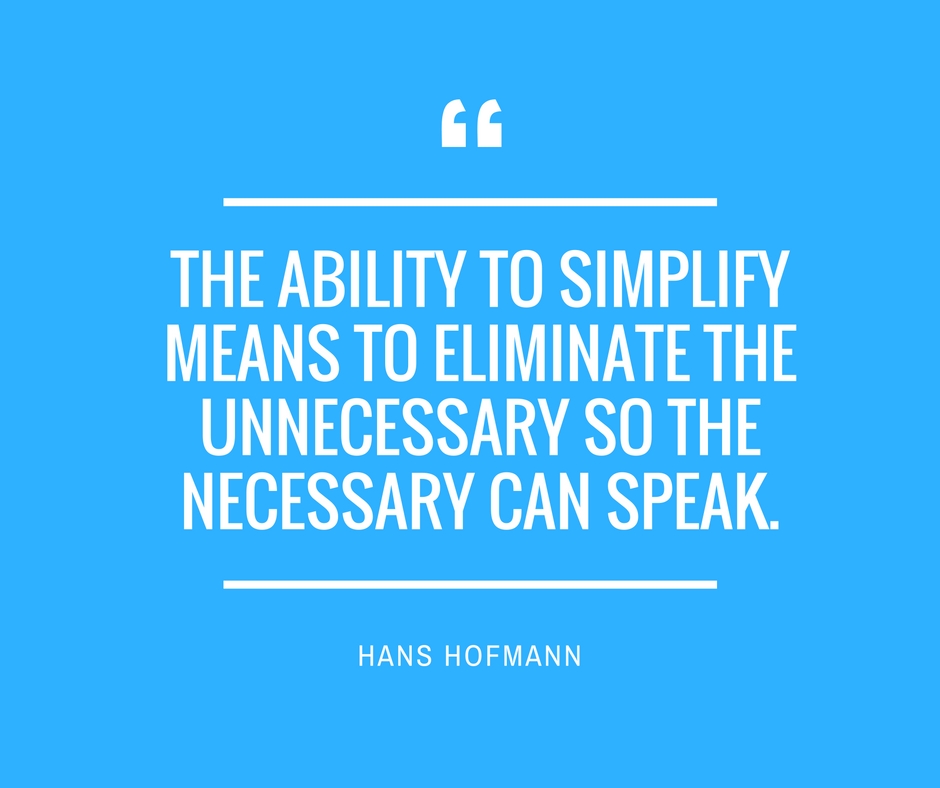A large part of facilitating groups is helping them to get to know each other and thus I collect questions to use as openers. However, I have found that I have a handful that I return to over and over.
Here are my top 4 Get to Know You Questions:
- “What are you reading or listening to?” If asked for clarification, this could include books, magazines, podcasts, audio books, or music. I personally am often looking for books or podcasts. Even if the conversation doesn’t go well hopefully I walk away with a book or podcast to check out! Many of the groups I attend have business leaders who are constantly learning and thus this is not often hard for them to answer and typically leads to interesting conversations. If someone asks this question to the group at the start, I find that I often want to go ask quite a few people more questions later because their book choices pique my interest. For groups that may be less likely to read as often, I have changed it up to say “What was the last thing you read or listened to?”
- “What group or activity are you involved in?” This is especially helpful when I facilitate something that brings in a variety of organizations where people may not want to be associated with their day job, but they do want you to know that they volunteer with a specific group. I find this is often a really good way to know what people are passionate about enough to tell you what their time goes to.
- “Why did you attend this event today?” This is used really often so I sometimes get bored with it, but for many events it helps to show what connection the individuals there have to the event as well as gets to what they want (which if you have spent much time around me, you know I think is knowing what other partners want is essential to collaboration).
- “What other events, meetups, or conferences do you like to attend?” This is an opener, but I personally like it because it tells me what other events are out there and I can get feedback from someone who has attended the event. Sometimes I will also ask something similar like “What is the best conference you have ever attended?” This can be especially helpful when you are trying to find events someone with similar interests will attend.





